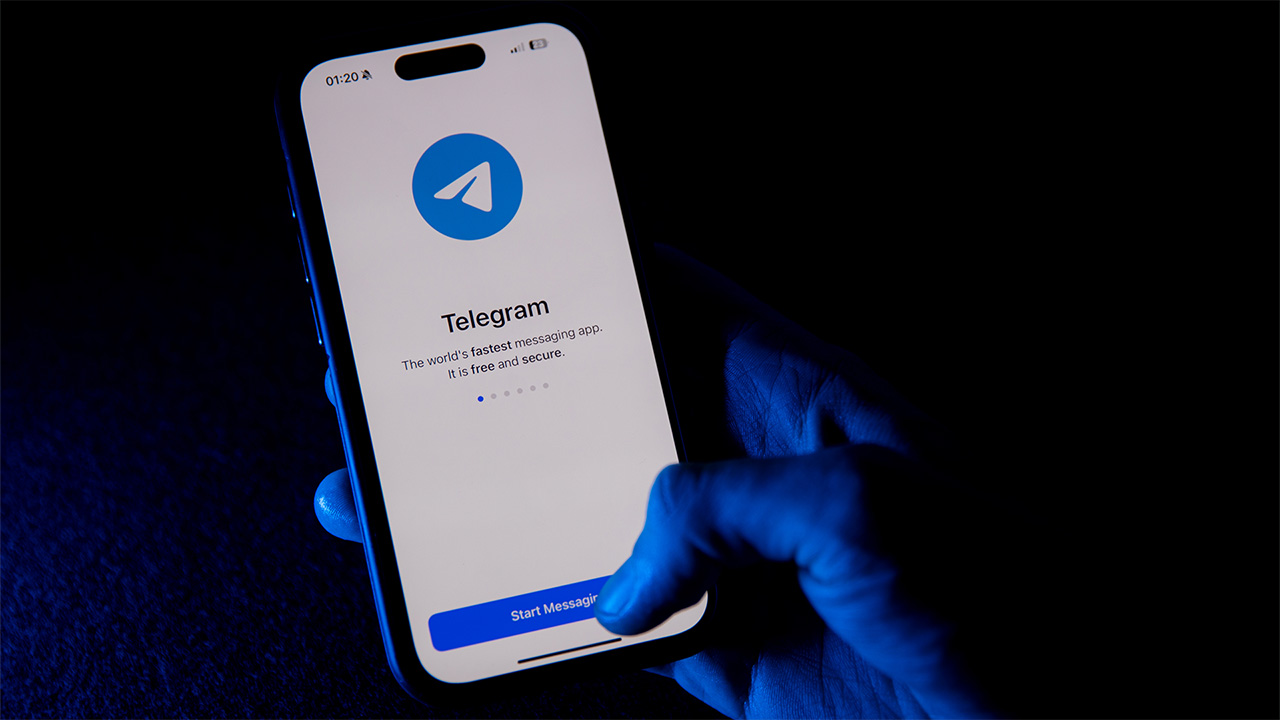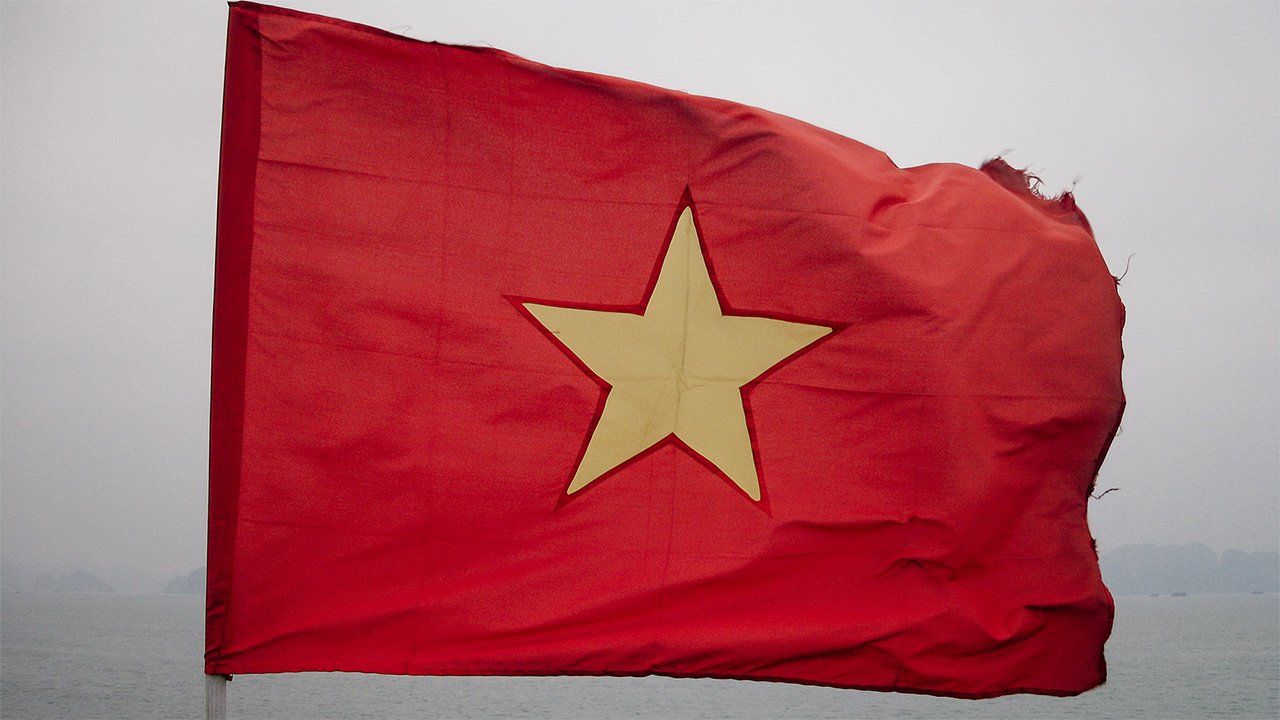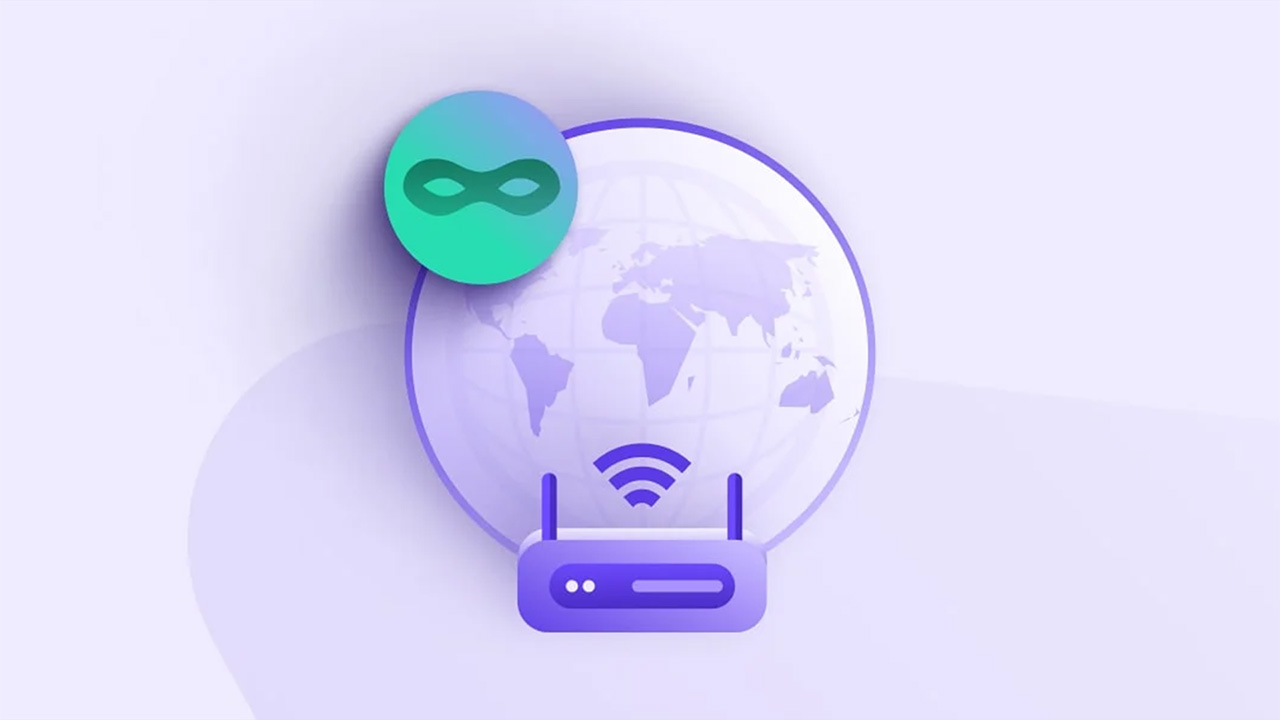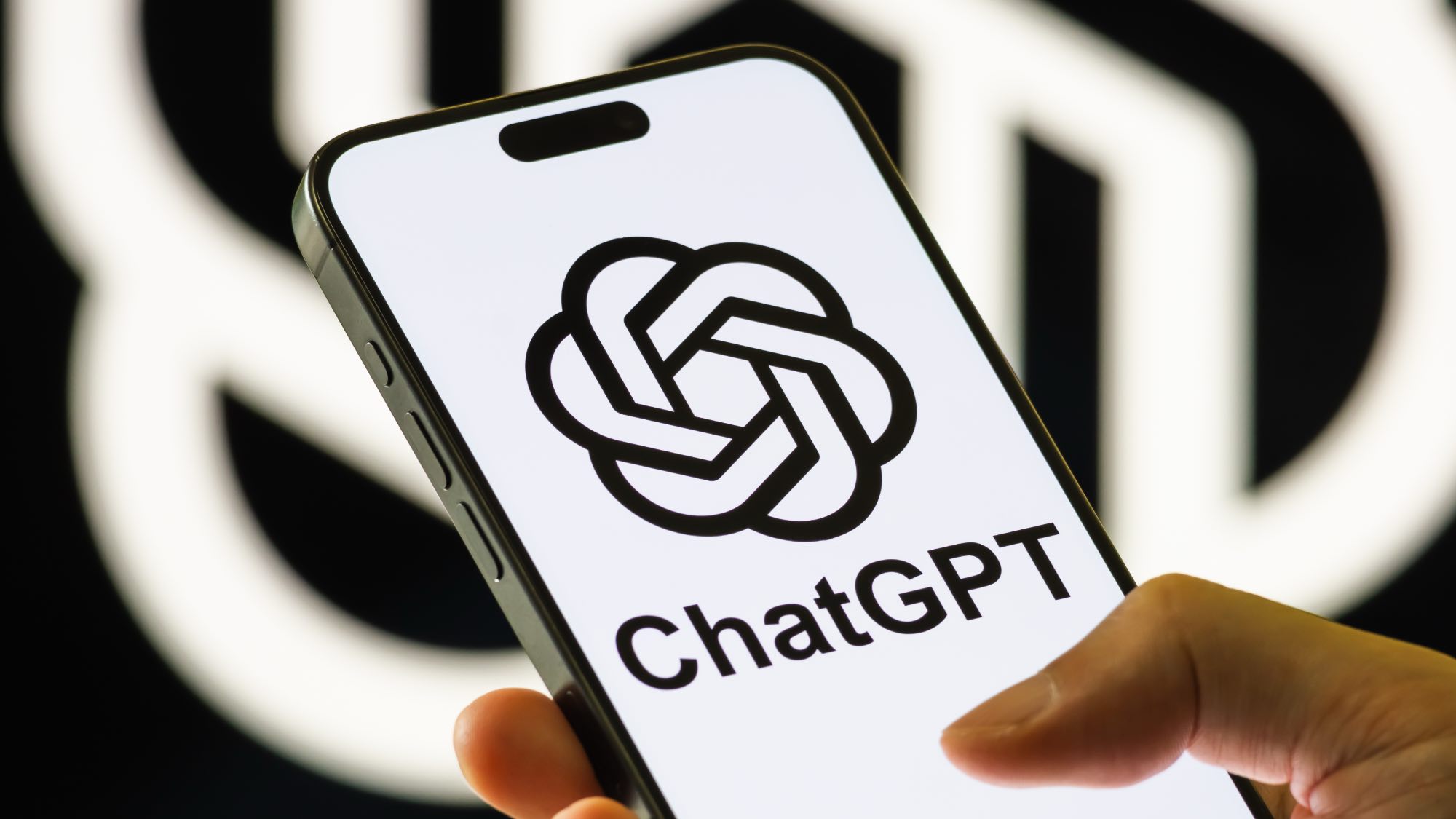Vietnam blocks Telegram for failing to comply with new data law
VPNs are now needed to use the app

Here at Tom’s Guide our expert editors are committed to bringing you the best news, reviews and guides to help you stay informed and ahead of the curve!
You are now subscribed
Your newsletter sign-up was successful
Want to add more newsletters?

Daily (Mon-Sun)
Tom's Guide Daily
Sign up to get the latest updates on all of your favorite content! From cutting-edge tech news and the hottest streaming buzz to unbeatable deals on the best products and in-depth reviews, we’ve got you covered.

Weekly on Thursday
Tom's AI Guide
Be AI savvy with your weekly newsletter summing up all the biggest AI news you need to know. Plus, analysis from our AI editor and tips on how to use the latest AI tools!

Weekly on Friday
Tom's iGuide
Unlock the vast world of Apple news straight to your inbox. With coverage on everything from exciting product launches to essential software updates, this is your go-to source for the latest updates on all the best Apple content.

Weekly on Monday
Tom's Streaming Guide
Our weekly newsletter is expertly crafted to immerse you in the world of streaming. Stay updated on the latest releases and our top recommendations across your favorite streaming platforms.
Join the club
Get full access to premium articles, exclusive features and a growing list of member rewards.
The Vietnamese government has ordered the blocking of Telegram, citing a lack of cooperation in combating alleged crimes.
Telecommunication companies were told to block Telegram on May 21, 2025, and report back to the government by June 2.
The best VPNs are now needed to access Telegram in Vietnam. Reports suggested that Telegram is unavailable at the time of writing and difficulties accessing the app began on May 25 and 26.
Telegram is a popular messaging alternative and is considered one of the best encrypted messaging apps. This is not the first time Vietnam has restricted the internet and not the first blocking order Telegram has been the subject of.
Blocking isn't new
According to Reuters, the Vietnamese government was acting on behalf of the country's cybersecurity department. This was after police reported that 68% of the 9,600 Telegram channels and groups in Vietnam violated the law. They cited fraud, drug trafficking, and terrorism as the "illegal activities" carried out through the app.
Telegram told Reuters it was "surprised" by the move and had responded to legal requests "on time."
Laws in Vietnam require social media platforms to verify user identities and pass data to authorities when asked. Reports suggest that failure to share user data with the government to assist with criminal investigations is the reason for the block.

The internet has been restricted in Vietnam before. The Surfshark Internet Shutdown Tracker highlighted temporary restrictions placed on Facebook and Instagram in 2016.
Vietnam is the 35th country to block Telegram since 2015. China, Iran, Iraq, Oman, and Mozambique are just some of the countries where Telegram is currently unavailable. The latter restricted the internet and social media apps back in October 2024, with the country's VPN usage spiking by 127,830%.
Telegram, along with a number of VPNs, was blocked in Venezuela in January 2025.
Using a VPN to combat censorship
Internet censorship affected 4.8 billion people in 2024. This behavior doesn't appear to changing in 2025 and VPNs are a crucial tool for accessing a free and open internet.
It isn't clear whether the app has been removed from the Vietnamese app store but TechRadar reported that VPNs were able to bypass the block.
To continue using the app, users should connect to a VPN server in a country where Telegram is available and then continue to use the app as normal.
Many leading VPNs have obfuscated servers – where the fact you're using a VPN is hidden – or a form of multi-hop. This is where your internet traffic is routed through two VPN servers rather than one, meaning added security and double the encryption.
Some VPNs will give away free emergency VPN subscriptions to journalists, activists, or those in need of VPN protection.

Proton VPN leads the way with anti-censorship features. The provider offers Secure Core servers, allows Android users to disguise their VPN app, and has its own Stealth VPN protocol.
It boasts one of the best free VPNs, Proton VPN Free, removing any financial barriers to VPN protection. With Proton VPN Free, you can protect one device with the same level of privacy and security paid users receive. You can even download it without creating an account thanks to Proton VPN's Guest Mode.
We'd always recommend subscribing to a paid VPN service. But if you simply need a VPN to access Telegram or the internet, then a trustworthy free VPN will do the job.
We test and review VPN services in the context of legal recreational uses. For example: 1. Accessing a service from another country (subject to the terms and conditions of that service). 2. Protecting your online security and strengthening your online privacy when abroad. We do not support or condone the illegal or malicious use of VPN services. Consuming pirated content that is paid-for is neither endorsed nor approved by Future Publishing.

George is a Staff Writer at Tom's Guide, covering VPN, privacy, and cybersecurity news. He is especially interested in digital rights and censorship, and its interplay with politics. Outside of work, George is passionate about music, Star Wars, and Karate.
You must confirm your public display name before commenting
Please logout and then login again, you will then be prompted to enter your display name.
 Club Benefits
Club Benefits










